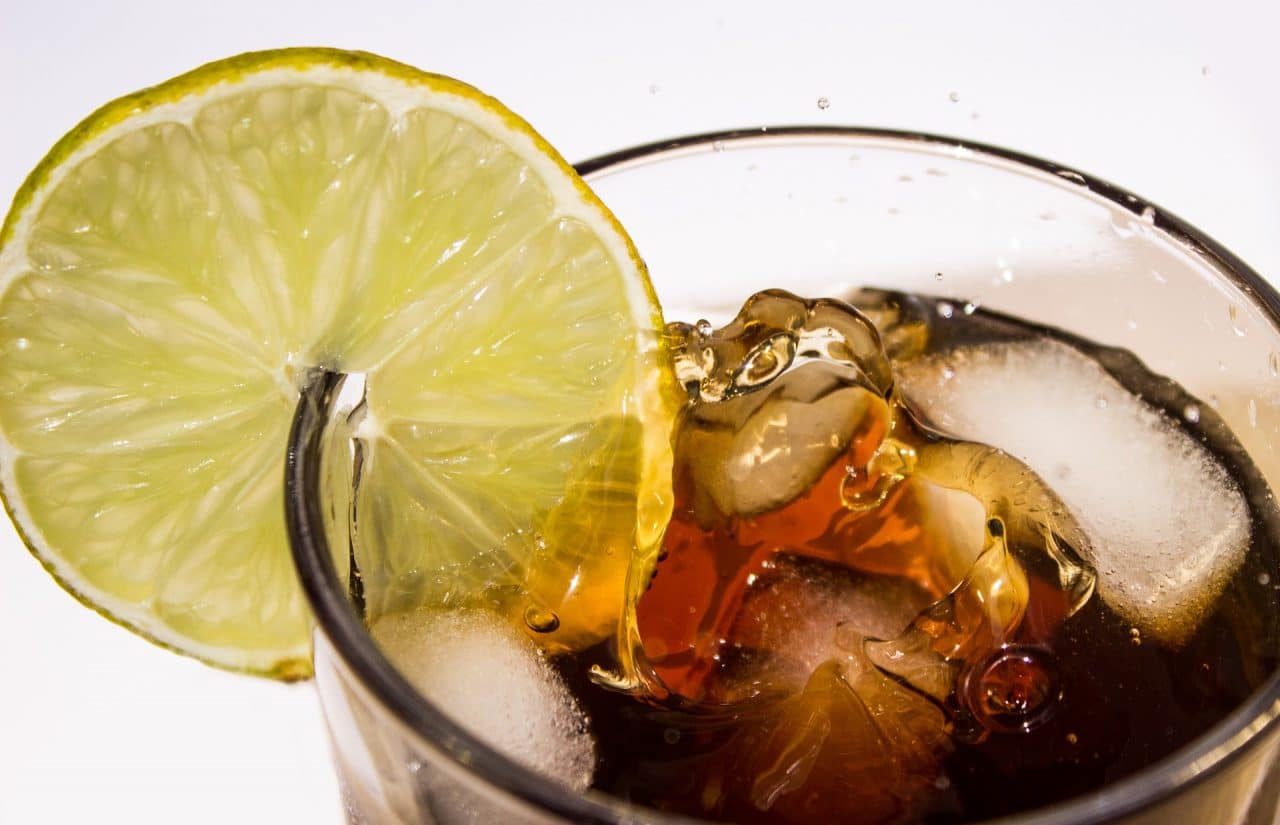Despite facing fierce opposition from The Irish Beverage Council (IBC), The Irish Government remains undeterred in its plan to introduce a sugar tax in April 2018.
Plans for the impending tax on sugary drinks have been met by strong objection from the IBC, which represents many soft drinks companies in Ireland. The tax comes as one of a number of measures being taken to reduce the rate of child obesity in the Republic of Ireland, but has been dubbed ‘a blunt instrument’ by the IBC, which says that singling out the soft drinks industry is ‘unjustified’.
From the perspective of the whole foods industry, this legislation is ‘broadly to be welcomed’, according to Alan McGrath from the Irish Association of Health Stores. But a high levy on the main ingredient of soft drinks could threaten the profits of manufacturers of these products, and McGrath warns the tax may not be bulletproof: “It’s obvious that big soda companies plan to simply sidestep the tax by replacing sugar with artificial sweeteners. Already, the ubiquitous walls of sugary drinks are being replaced with walls of ‘zero sugar’ sweetened drinks in convenience stores and filling stations. Those of us involved in the whole foods movement correctly abhor this trend,” he says.
“It’s obvious that big soda companies plan to simply sidestep the tax … Those of us involved in the whole foods movement correctly abhor this trend”
“It’s a shame if the artisan sugar sweetened beverages, only consumed as an occasional treat, are classified in the same category as ‘pop’ that’s blast-marketed for consumption on a daily basis, but I guess it’s unavoidable. In Ireland, the sugar tax was originally intended to create revenue for a specialised health promotion agency and it seems the government are now planning to do a U-turn on this promise. The sugar tax revenue needs to be ring-fenced for health promotional activities and projects that are aimed at reducing obesity, otherwise it’s just another revenue gathering exercise,” he warns.











